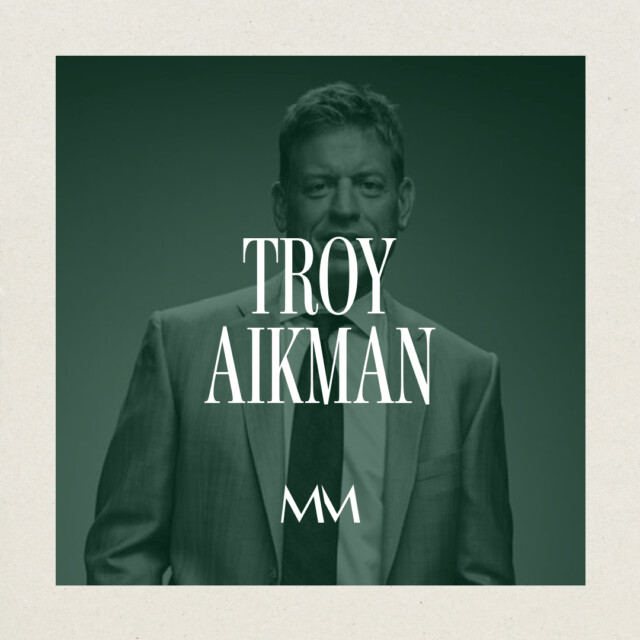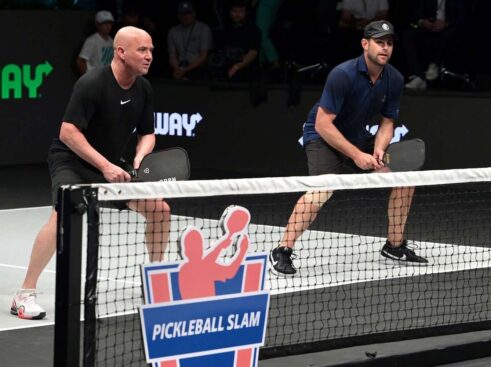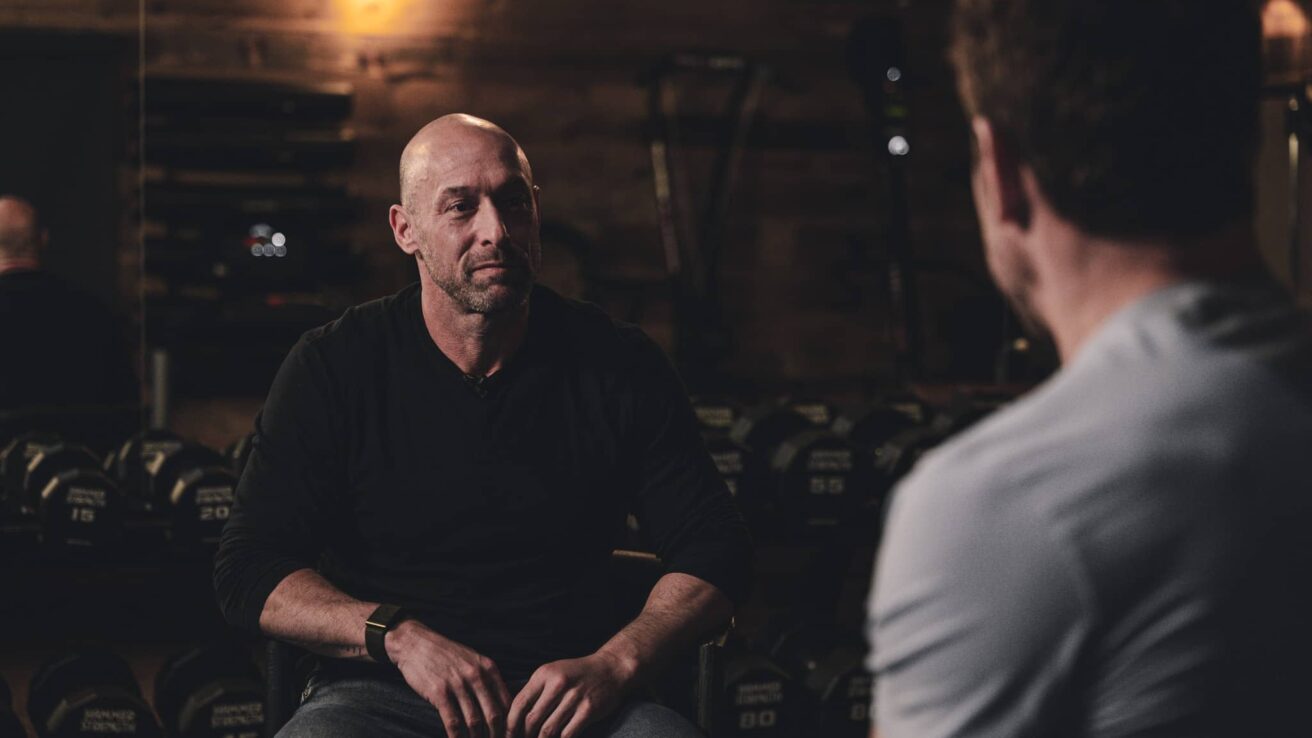My son lied to me this week.
I’m sure he’s lied to me many times but this time felt different and I found myself questioning our relationship, whether I’m a good parent, wrestling between disappointment and anger, how I should respond, punishment, support, therapy…
Went thru the gamut of emotions, “but I thought we were so close”, “you can tell me anything”, “the truth is always the right answer”, “we’ll never be angry with you as long as you tell us the truth”, “it’s ok to make a mistake, don’t compound it by lying”.
I’m a cool dad. The good cop parent. Why would you lie to me?
I made myself physically sick over it. Love does that.
And then I remembered.
I lied to my parents constantly.
From fourteen to twenty something I’d be willing to bet I lied to them more than I told the truth. Where I was going, who I was with, what I was doing, what I was not doing, even what country I was in after my dad passed away. (sorry mom)
I took the car out before I had a license. I took the train into NYC when I was supposedly “down the block at a friend’s house”. I looked them straight in the eye when I got home and said “No, I didn’t have anything to drink at the party”, when I was doing shots an hour earlier.
For years, I was “Michael Schwartz from Florida”, at least that’s what it said on the fake ID that I carried in my wallet and had made in the basement of some kids house a few towns over with the $100 I took from my dad’s drawer; the drawer I didn’t think he knew, I knew about but came to find out later he did and knew exactly how much money I’d taken out over time and how much I had to pay back.
I’m not proud of any of this.
I’m not proud of my son’s behavior either.
He doesn’t get a pass because I was worse at his age.
And I don’t get a pass just because kids lie to their parents.
So what do I do? What do we do?
These are the times I really wish I still had my dad around.
Now, I have google. (and yes, I also have friends to commiserate with, my own coach, mentors, etc so don’t go assuming I try to resolve this shit on my own or think I have any of the answers because I don’t).
“Teenagers lie. In fact, research by Nancy Darling, an expert on teens and lying, shows that close to 96 percent of adolescents lie to their parents. In another study, 82 percent of high school and college students admitted to lying to their parents in the previous year.”
This doesn’t make me feel any better because naturally I want us to be in the 4% that don’t lie.
“In addition, parents aren’t always good at recognizing when their teens are lying. And when they do discover a lie, they don’t have effective strategies for how to deal with a lying teenager. Thus, they may respond with anger and punishment. As a result, they drive their kids farther away.”
Now, this really doesn’t make me feel any better because I did exactly what they’re telling me not to do.
So what now?
“Take a more successful approach that involves establishing a baseline of honest, open parent-teen communication.”
I thought we had that already…
After culling the interwebs at various hours of the evening, I found a few tips I think are helpful.
Be available and interested.
Find ways to start conversations at times when a teen is relaxed, such as on a long drive or while working on a household chore together. Make sure they know that you’re interested in whatever they want to share.
Set clear rules, but also be warm and accepting.
Teens often lie because they believe that telling the truth will result in punishment, disapproval, anger, or a lecture. According to Darling, teens are the most honest with their parents when they’re not afraid of being harshly and unjustly punished. However, teens also respond well to clear boundaries that are enforced with reasonable consequences.
Serve as a positive role model.
It’s not just teens who lie: Adults tell one white lie per every five social interactions. However, kids who observe their parents telling white lies might conclude that it’s better to avoid conflict than tell upsetting truths. Therefore, they can take on that behavior themselves.
Avoid trapping teens in a lie.
Pretending not to know about a lie and trying to get a teen to confess will backfire. Instead, teens may feel that their parents aren’t being upfront with them, so why should they be honest either?
Don’t label teens as liars.
Separate the behavior from the person. Teens take labels seriously and tend to internalize them. If they see themselves as a liar, they will lie more often.
Dig deeper into a lie.
If parents don’t understand why their teen lied, they need to find out. What was the teen hiding? Why did they feel the need to keep it secret? What were they afraid would happen if their parents found out? These questions may help parents learn more about what a teen is going through.
Finally, be prepared for real answers.
Sometimes teen lying is a misguided way to protect parents. Teens value their parents’ opinions and want their approval. Therefore, they may lie rather than admit to something it will be hard for parents to hear. Hence, parents need to give teens the message that they are willing and able to participate in difficult conversations and deal with hard situations. As a result, teen lying will decrease and parent-teen relationships will thrive.
And yes, I’ve reversed course on the anger and punishment.
In Health –
G








